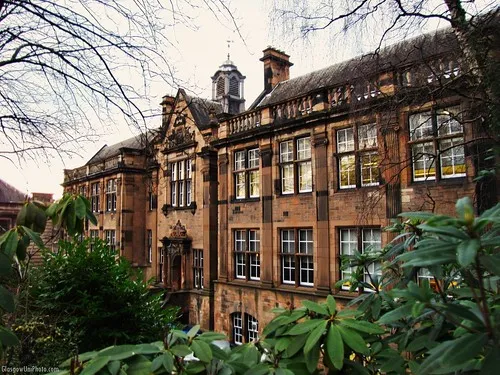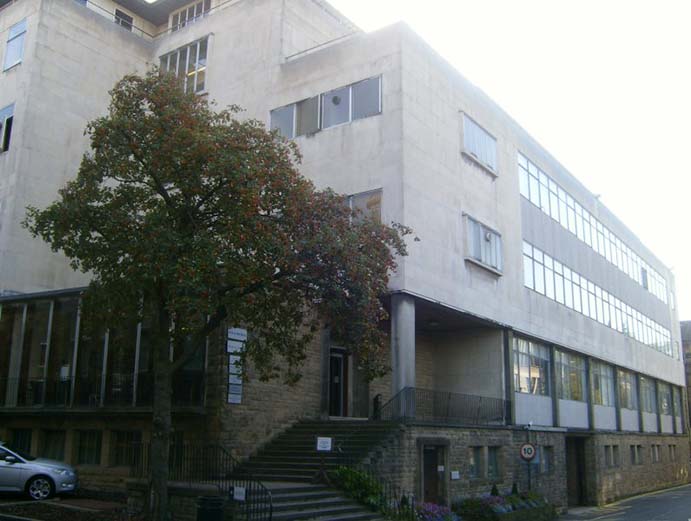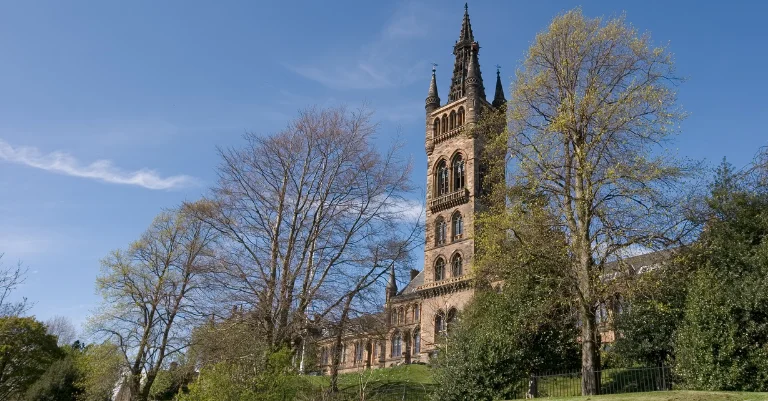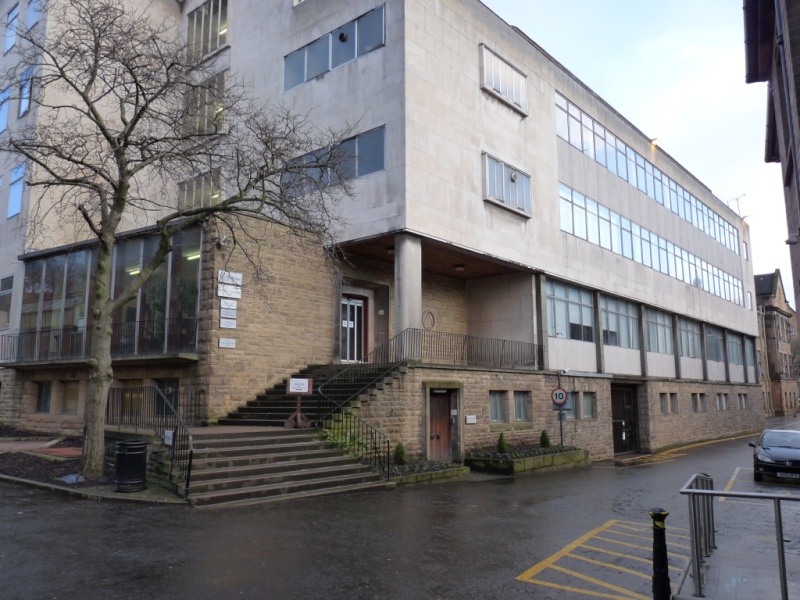The University of Glasgow has a reputable physics department with a long history of scientific contributions. Their physics program offers a range of undergraduate and postgraduate degrees, covering various areas such as astrophysics, particle physics, condensed matter physics, and quantum mechanics.
The university is known for its strong research focus, and students have access to state-of-the-art facilities and opportunities to work alongside leading researchers in their field.
If you’re considering studying physics at the University of Glasgow, it’s worth exploring their website for specific information on courses, faculty, and research opportunities.
How has Glasgow’s history shaped its role in physics today?

Glasgow has a rich history in physics that has significantly shaped its role in the field today. One of the key factors is the presence of prominent academic institutions like the University of Glasgow, which has a long tradition of excellence in physics research and education.
James Clerk Maxwell
Perhaps the most famous physicist associated with Glasgow is James Clerk Maxwell. Maxwell’s groundbreaking work in the 19th century laid the foundation for modern physics, particularly in the field of electromagnetism. His equations, known as Maxwell’s equations, have had a profound impact on physics and technology.
Maxwell held the position of Professor of Natural Philosophy at the University of Glasgow from 1856 to 1860, where he conducted some of his early research.
Lord Kelvin (William Thomson)
Another influential figure in Glasgow’s physics history is Lord Kelvin, also known as William Thomson. Kelvin was one of the most eminent physicists of the 19th century and made significant contributions to thermodynamics and electromagnetism.
He was a professor at the University of Glasgow for over fifty years and played a crucial role in the development of the university’s physics department.
Glasgow University’s Physics Department
The University of Glasgow has a distinguished physics department with a strong emphasis on research.
Over the years, this department has produced numerous notable physicists and has contributed to advancements in various subfields of physics, including particle physics, condensed matter physics, and astrophysics.
Research and Innovation
Glasgow continues to be a hub for physics research and innovation. Institutions like the University of Strathclyde and the Scottish Universities Physics Alliance (SUPA) collaborate with industry and other academic institutions on cutting-edge research projects.
This collaborative environment fosters innovation and helps maintain Glasgow’s reputation as a leading center for physics research.
Industry and Technology
Glasgow’s history in physics has also contributed to the city’s thriving technology and engineering sectors.
Many companies in Glasgow and the surrounding areas are involved in advanced manufacturing, electronics, and photonics, benefiting from the expertise and research output of the city’s physics community.
What makes Glasgow’s academic institutions stand out in the field of physics?

Glasgow’s academic institutions, particularly the University of Glasgow, have garnered recognition in the field of physics for several notable reasons.
Firstly, they boast a tradition of research excellence across various physics subfields, including quantum technologies, gravitational wave research, condensed matter physics, and astrophysics. The university’s Quantum Technology Hub is renowned for its innovation in quantum computing, communication, and sensing.
Additionally, Glasgow fosters close collaborations with industry partners, ensuring that its physics research has practical applications and impact. Notably, the University of Glasgow’s Institute for Gravitational Research has made significant contributions to the detection of gravitational waves, enriching our understanding of the universe.
Alongside its research endeavors, Glasgow offers robust undergraduate and postgraduate physics programs, attracting bright minds from around the globe and providing them with opportunities for hands-on experience and research. Together, these factors contribute to Glasgow’s standing as a leading hub for physics research and education.
What are the key areas of research driving innovation in physics within Glasgow?
In Glasgow, scientists are exploring some really cool stuff in physics. They’re studying tiny particles and materials to learn how they work and how we can use them to make new technologies. One big area they’re focusing on is called quantum technology, which could lead to super-fast computers and super-secure communication.
They’re also looking way out into space, trying to understand things like black holes and how the universe began. Another area they’re curious about is gravitational waves, which are like ripples in space caused by big cosmic events.
By studying these waves, they can learn a lot about the universe. Overall, Glasgow’s scientists are doing amazing research that could change the world!
How does Glasgow’s physics community engage with the public and schools?

In Glasgow, scientists who study physics want everyone to enjoy and understand their work. They do lots of fun things to teach people about physics:
- Talks and Shows: They give talks and shows to explain cool things about physics.
- Science Parties: They go to science parties where kids can play with experiments and learn fun stuff about physics.
- School Visits: Scientists visit schools to do experiments and show kids how interesting physics is.
- Helping Teachers: They help teachers make lessons about physics more fun and exciting.
- Events for Everyone: They go to events in places like museums and libraries where people of all ages can learn about physics.
- Online Fun: Scientists use the internet to share videos and games that teach people about physics.
Final Words
Glasgow has a long history of doing cool stuff in physics. The schools there, especially the University of Glasgow, are really good at teaching and studying physics. Right now, scientists in Glasgow are working on lots of exciting things like quantum mechanics and space stuff. They also make sure to tell everyone about their discoveries so we can all learn together. It’s important for us to keep supporting science in Glasgow so they can keep making awesome discoveries in the future!
